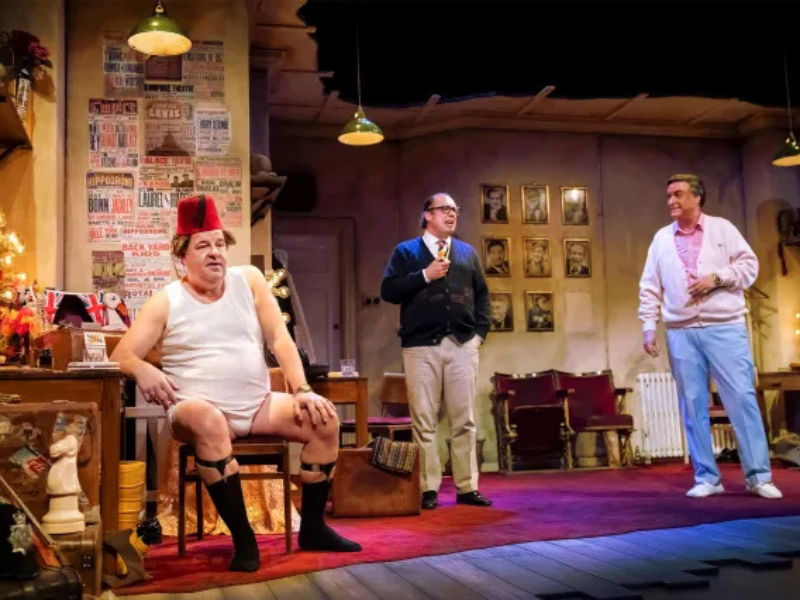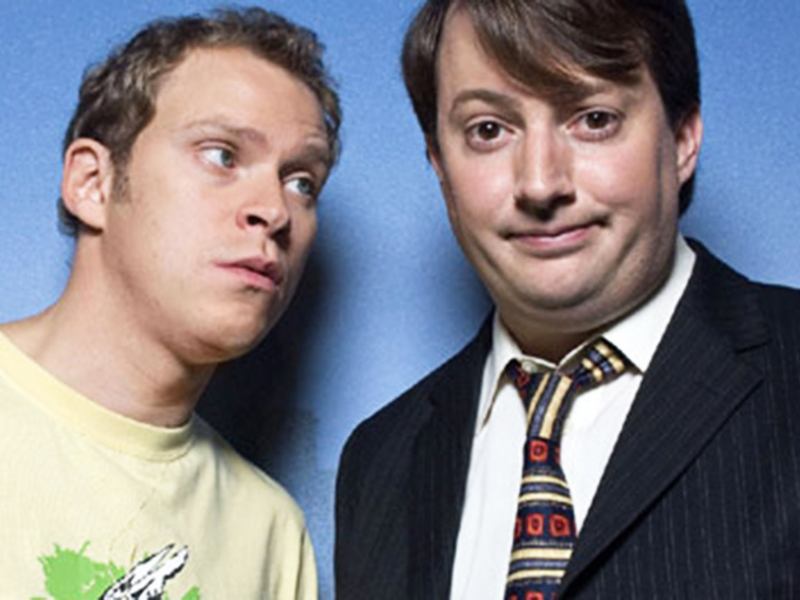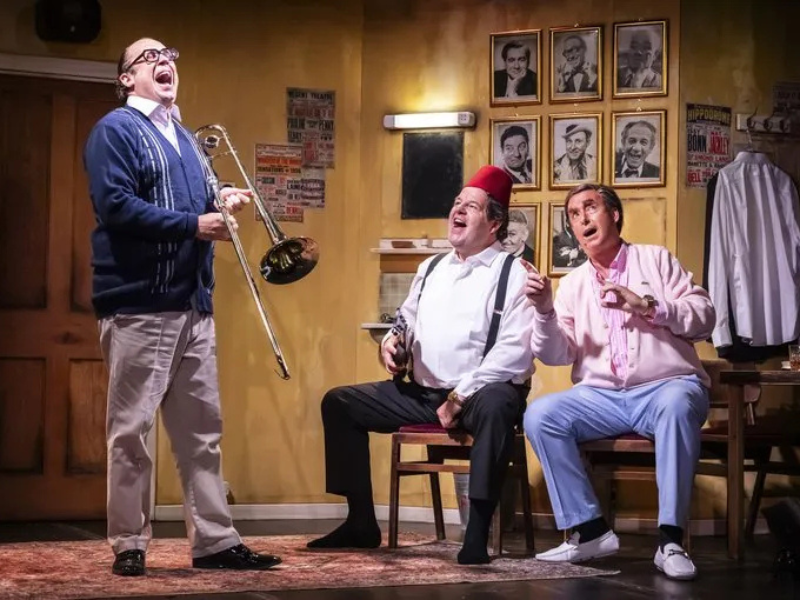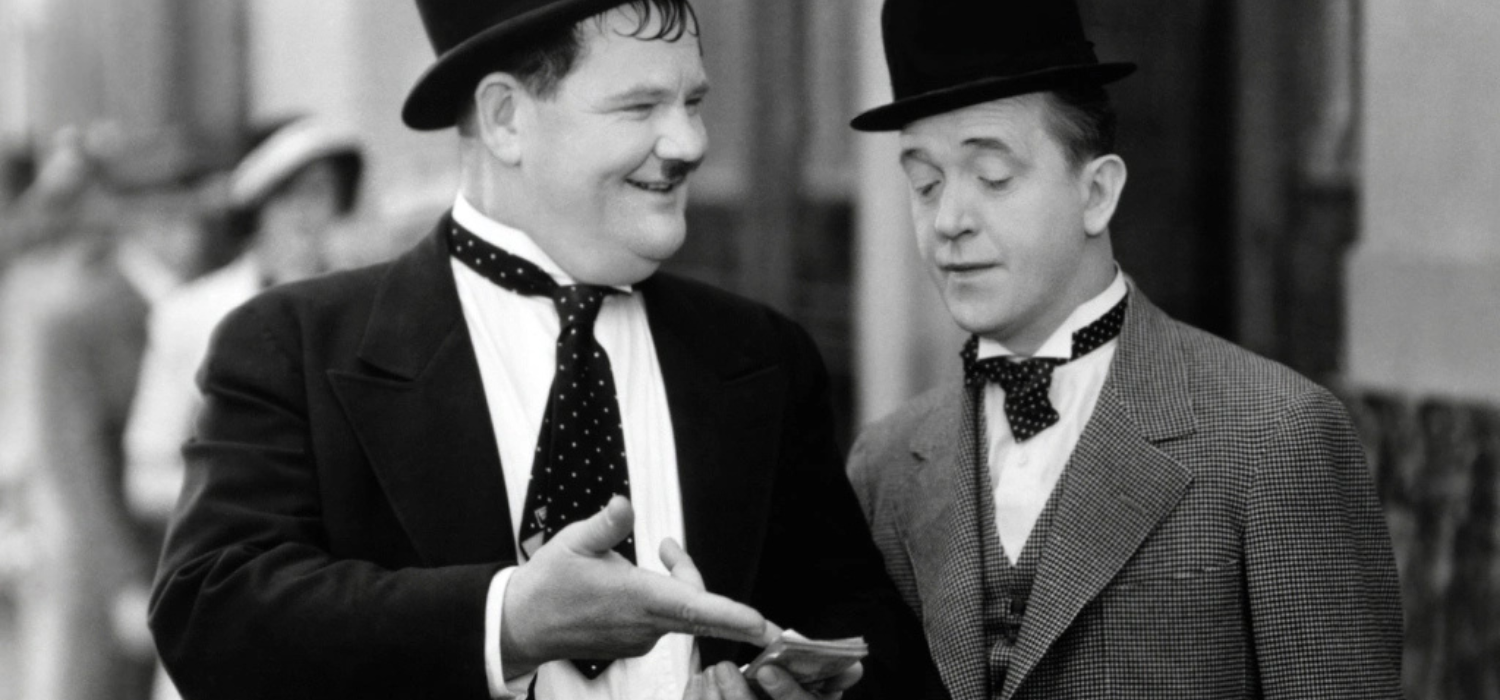Introduction: The Global Power of British Humor
Comedy is often described as a universal language. While cultures may differ in traditions, tastes, and ways of life, the ability to laugh unites people everywhere. Among the world’s comedy capitals, the United Kingdom holds a truly special place. For centuries, UK humor has shaped global entertainment, moving seamlessly from Shakespeare’s witty plays to timeless sitcoms, groundbreaking sketches, and iconic stand-up performances. What makes British comedy so distinct is its clever wordplay, subtle irony, and ability to tackle even the most awkward of topics with a sharp edge. From the stages of London’s theaters to the screens of Hollywood, British comedians and actors have carried laughter across borders, making their craft a cultural export just as important as music, literature, and cinema.
The Roots of British Comedy: A Historical Look
Before modern sitcoms and viral sketches, British humor was born in theater. The works of William Shakespeare, though often dramatic, carried some of the earliest examples of structured comedy that still influence writers today. His plays such as A Midsummer Night’s Dream and Much Ado About Nothing relied on misunderstandings, disguises, and witty banter—elements that would later become hallmarks of British sitcoms. The Elizabethan era was also home to slapstick performers and comedic interludes that entertained common audiences, blending physical humor with clever language.
By the 18th and 19th centuries, comedy halls and pantomimes became popular across the UK. These performances were accessible to the working class and relied heavily on exaggerated expressions, innuendos, and social satire. This was also when the tradition of British self-deprecation emerged—jokes that poked fun at one’s own misfortunes, appearance, or awkwardness, a style that still resonates strongly with audiences today.
Comedy as Social Commentary
One of the defining features of British humor is its ability to reflect and critique society. Even in early times, plays and performances often disguised biting criticism under layers of jokes. The rise of satire in the 18th century gave birth to works by writers like Jonathan Swift, whose biting humor in Gulliver’s Travels mocked politics, religion, and human nature. This spirit of satire would later be seen in television classics such as Yes Minister and The Thick of It, as well as stand-up routines that challenge authority through laughter.

The Golden Age of British Radio Comedy
Before television dominated homes, the UK experienced a golden age of radio comedy during the early to mid-20th century. Shows like It’s That Man Again (ITMA) brought lighthearted relief to wartime Britain, proving how humor could provide comfort even during dark times. These early programs introduced catchphrases and comic archetypes that people would later see evolve into sitcoms. Radio also gave rise to The Goon Show, starring Peter Sellers, Spike Milligan, and Harry Secombe, a program that shaped absurdist humor and inspired future comedy giants like Monty Python.
The Goons, with their surreal sketches, wild sound effects, and ridiculous characters, laid the foundation for modern sketch comedy. Their influence stretched far beyond the UK, with comedians across the world adopting their nonsensical yet brilliant approach to humor.
Monty Python: Redefining Comedy Forever
When discussing UK legends of humor, it’s impossible to overlook Monty Python’s Flying Circus. Premiering in 1969, this sketch comedy troupe—made up of John Cleese, Eric Idle, Michael Palin, Terry Jones, Terry Gilliam, and Graham Chapman—completely reinvented comedy. They abandoned traditional punchlines and embraced a style that was surreal, unpredictable, and often absurdly intellectual. Sketches like “The Dead Parrot,” “The Ministry of Silly Walks,” and “Spam” became instant classics, embedding themselves in popular culture worldwide.
Monty Python didn’t just entertain; they revolutionized how audiences understood comedy. Their influence spread across the Atlantic, inspiring American comedians and TV shows such as Saturday Night Live and The Simpsons. They also ventured into film, with works like Monty Python and the Holy Grail and Life of Brian becoming cult classics. To this day, Monty Python represents the height of British comedy’s global impact.
Charlie Chaplin: The Silent Comedy Icon
While Monty Python dominated the television era, another British legend had already conquered the world decades earlier—Charlie Chaplin. Born in London in 1889, Chaplin rose from a childhood of poverty to become one of the most recognizable entertainers in history. His character, The Tramp, became a universal symbol of humor, resilience, and humanity. Through silent films like The Kid (1921), City Lights (1931), and Modern Times (1936), Chaplin combined slapstick with heartfelt storytelling, creating timeless works that still move audiences today.
Chaplin’s genius lay in his ability to communicate without words. With just his expressions, gestures, and comedic timing, he managed to captivate audiences across different cultures and languages. Even though his films were silent, they spoke volumes about social issues, poverty, and the struggles of ordinary people. In many ways, Chaplin was the original comedian whose work transcended borders, proving that British humor could become a global phenomenon.

Peter Sellers: The Master of Disguise
Another icon who shaped comedy both in the UK and internationally was Peter Sellers. Known for his chameleon-like ability to transform into wildly different characters, Sellers was the genius behind Inspector Clouseau in The Pink Panther series. His clumsy detective, with a thick French accent and impeccable slapstick timing, became one of cinema’s most beloved comic creations. Sellers also showcased his versatility in films like Dr. Strangelove, where he played multiple roles, each more absurd than the last.
Sellers’ brilliance lay in his unpredictability. Audiences never knew what he would do next, and that spontaneity kept his comedy fresh and unforgettable. His career was a testament to how British comedic talent could seamlessly move into Hollywood and conquer global cinema.
Early Television Comedy: Setting the Stage
The introduction of television brought comedy into homes across Britain. Shows like Hancock’s Half Hour starring Tony Hancock set the tone for sitcoms with relatable characters, witty scripts, and situational humor. Hancock’s portrayal of the “everyman” struggling through life’s challenges resonated deeply with audiences. This sitcom style, focusing on ordinary people in everyday situations, would later inspire beloved series such as Only Fools and Horses and The Office.
Television also became a platform for sketch shows, paving the way for comedians to experiment with formats and styles. This era marked the beginning of comedy as not just entertainment, but also a cultural export that introduced international audiences to distinctly British humor.
Only Fools and Horses: A Comedy for the People
If Fawlty Towers was the jewel of clever chaos, then Only Fools and Horses was the heart of British working-class humor. Premiering in 1981, the show followed the lives of brothers Del Boy (David Jason) and Rodney (Nicholas Lyndhurst), two lovable market traders forever chasing get-rich-quick schemes in London’s Peckham district.
Written by John Sullivan, the show perfectly captured the struggles and dreams of ordinary people. Del Boy’s optimism, catchphrases (“Lovely jubbly!”), and hilarious schemes became part of British culture. Iconic moments such as Del Boy falling through the bar or the brothers discovering a priceless watch have become legendary scenes replayed again and again.
The show resonated not only in the UK but also across Europe and beyond, proving that humor rooted in everyday struggles could connect universally. It remains one of Britain’s most cherished sitcoms.
The Birth of Alternative Comedy
By the 1980s, a new wave of comedians emerged who wanted to challenge the old style of humor. This became known as alternative comedy—edgy, political, and often surreal. Instead of polished punchlines, it embraced unpredictability, satire, and absurd characters.
Shows like The Young Ones, starring Rik Mayall, Ade Edmondson, Nigel Planer, and Alexei Sayle, broke every rule of traditional sitcoms. With anarchic energy, slapstick violence, and surreal cutaway gags, it represented the rebellious spirit of a new generation. University students, punks, and young audiences found it refreshing compared to the “safe” comedy of earlier decades.
This movement also created space for women in comedy, with talents like Dawn French and Jennifer Saunders leading the charge into the mainstream.
French and Saunders: Sketch Comedy Queens
When discussing female pioneers in UK comedy, Dawn French and Jennifer Saunders stand tall. Their sketch show, French and Saunders (1987–2007), became an institution in British television. Known for their parodies of films, pop stars, and cultural trends, they combined slapstick with clever satire.
Their partnership was magical—French’s bold, physical humor paired perfectly with Saunders’ sharp wit. Together, they created unforgettable sketches, from Madonna and ABBA parodies to spoofs of Hollywood blockbusters. Beyond laughs, they opened doors for future generations of women in comedy, proving that female voices could dominate in a field often dominated by men.
Their influence also extended to later projects, with Saunders creating the cult hit Absolutely Fabulous and French starring in The Vicar of Dibley, another landmark British sitcom.
The Vicar of Dibley: Warmth, Wit, and Faith
Premiering in 1994, The Vicar of Dibley was a sitcom that mixed faith, village life, and humor in perfect measure. Dawn French starred as Geraldine Granger, a charismatic female vicar navigating the quirks of rural parishioners. The show was groundbreaking in its portrayal of women in the clergy while balancing heartfelt storytelling with laugh-out-loud comedy.
The simple yet brilliant format allowed audiences to fall in love with eccentric characters while tackling themes of acceptance, kindness, and community. Its charm extended internationally, reinforcing the idea that British comedy could deliver warmth alongside wit.
Rowan Atkinson: The Silent Genius
One of the most iconic figures in British comedy is undoubtedly Rowan Atkinson. Known globally for his character Mr. Bean, Atkinson mastered the art of visual and physical comedy. Inspired by silent film legends like Charlie Chaplin, he created a character that spoke very little yet delivered universal humor.
Mr. Bean became a global sensation, airing in over 190 countries and spawning animated series, films, and merchandise. Whether it was struggling with a turkey on his head during Christmas dinner or inventively cheating on an exam, Mr. Bean’s antics were universally understood—proof that humor doesn’t always need words.
Atkinson also showcased his wit in other roles, such as the historical sitcom Blackadder, where he played different incarnations of the Blackadder lineage across time periods. With sharp dialogue and biting sarcasm, Blackadder remains a jewel in British comedy history.

Sketch Shows that Defined an Era
While sitcoms dominated prime time, sketch shows gave comedians a stage to explore diverse characters and quick-fire jokes. Classics such as Little Britain (created by Matt Lucas and David Walliams) brought outrageous characters like Vicky Pollard and Daffyd, “the only gay in the village.” The show sparked laughter and controversy alike, blending absurdity with biting social commentary.
Earlier, Not the Nine O’Clock News introduced audiences to stars like Rowan Atkinson, Mel Smith, Pamela Stephenson, and Griff Rhys Jones, offering sharp satire on news, politics, and pop culture. Sketch shows allowed comedians to stretch boundaries, keeping British comedy fresh and experimental.
Ricky Gervais and The Office: A Global Phenomenon
The early 2000s brought another revolution with The Office, created by Ricky Gervais and Stephen Merchant. Set in a drab paper company in Slough, it portrayed the mundane with cringe-worthy brilliance. Ricky Gervais as David Brent delivered a performance that was both hilariously awkward and painfully realistic.
Unlike traditional sitcoms, The Office used a mockumentary style, blending uncomfortable silences, subtle facial expressions, and dry humor. The series resonated so deeply that it was adapted in multiple countries, most famously in the United States, where it became a long-running hit.
Gervais’ success extended beyond The Office with stand-up tours, Netflix specials, and his series Extras, further cementing his role as one of the UK’s most influential comedic voices of modern times.
Conclusion
From Shakespeare’s clever plays to Charlie Chaplin’s silent brilliance and Monty Python’s surreal revolution, the UK established itself as the birthplace of comedy that truly conquered the world. These early legends laid the foundation for the golden eras of television and modern stand-up that would follow. What started in small theaters and radio shows evolved into a global phenomenon, proving that laughter knows no boundaries.


